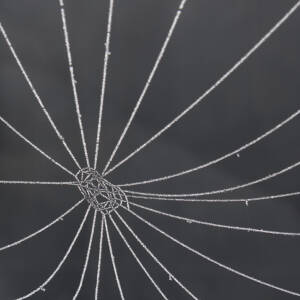Out of this air
Suspension played with for so long that I work out how to balance in the air with it until finally there's a resolution and I'm falling laughing into long dewy grass.
Then I remember that the theme of this festival is 'elements'. What a well-chosen piece: Philip Glass's Dance 4.
This is a fringe concert in the University Church before the Oxford Chamber Music Festival opens tomorrow. Tonight, five young organists each play for 30-45 minutes while the audience is free to come and go. Except there is almost no-one to go. In the hour and three-quarters I listen, the pews contain between four and nine of us.
The watery music has cleared the day's, the week's, debris from the connections in my mind and memories are liberated: Tony Benn in that pulpit an irrelevant number of years ago preaching about equality and respect, the free organ concerts I used to go to in Paris every Sunday evening when I was 18 and had no money, Koyaanisqatsi's swoop over prairies, mountains, bridges, night-time city traffic.
Pachelbel, where every movement of key and chords fits neatly into rules we can hear now but, I wonder, could people then?
Glass's Closing from Satyagraha. Alex Little is playing now to only four of us. This time the music resolves and stays there and hangs...
and stops. There is no silence, just a heating fan whirring, my blood moving, a rumble from traffic outside.
Tom Fetherstonhaugh, who will conduct the festival's official opening concert tomorrow, stands in the organ loft and introduces Ligeti's Volumina, a graphic score without notation. The beginning, he says, is solid black: all the keys and pedals it is possible to play at once. It's an unsettling assault of sound before notes arrive, chirrup, stand, rumble, vibrate across each other and flee. I had no idea an organ could sound like this.
I hope the musicians realise that God has come in from his tree in the quad to listen with us.

Comments
Sign in or get an account to comment.


